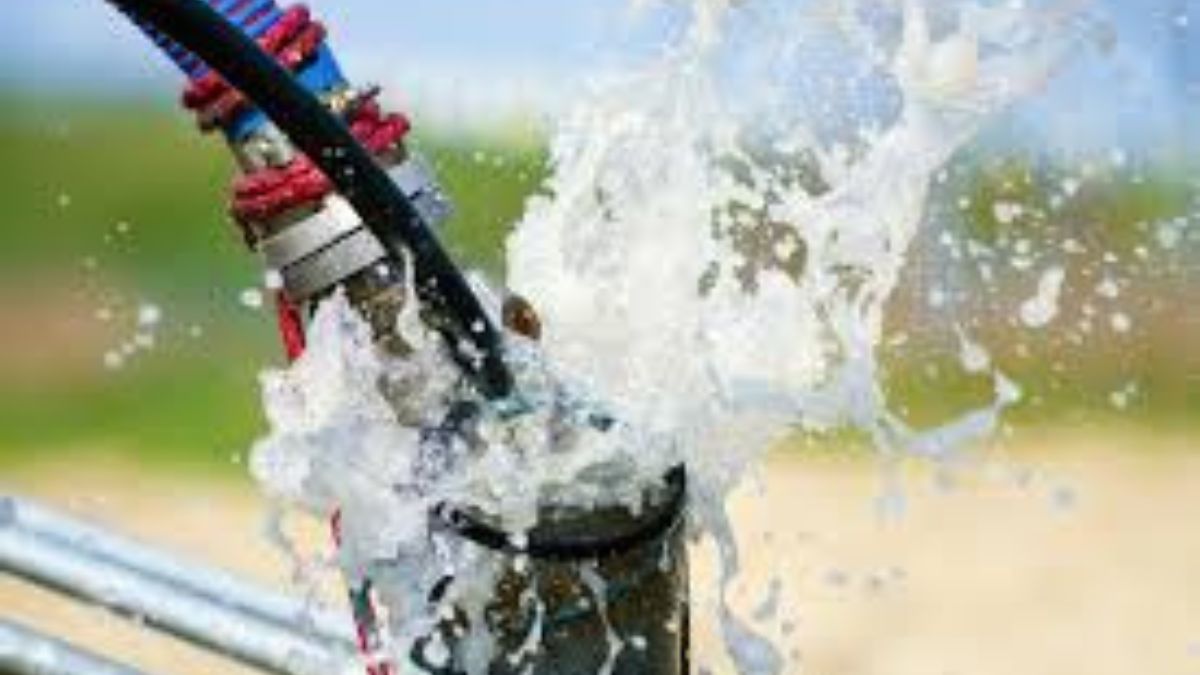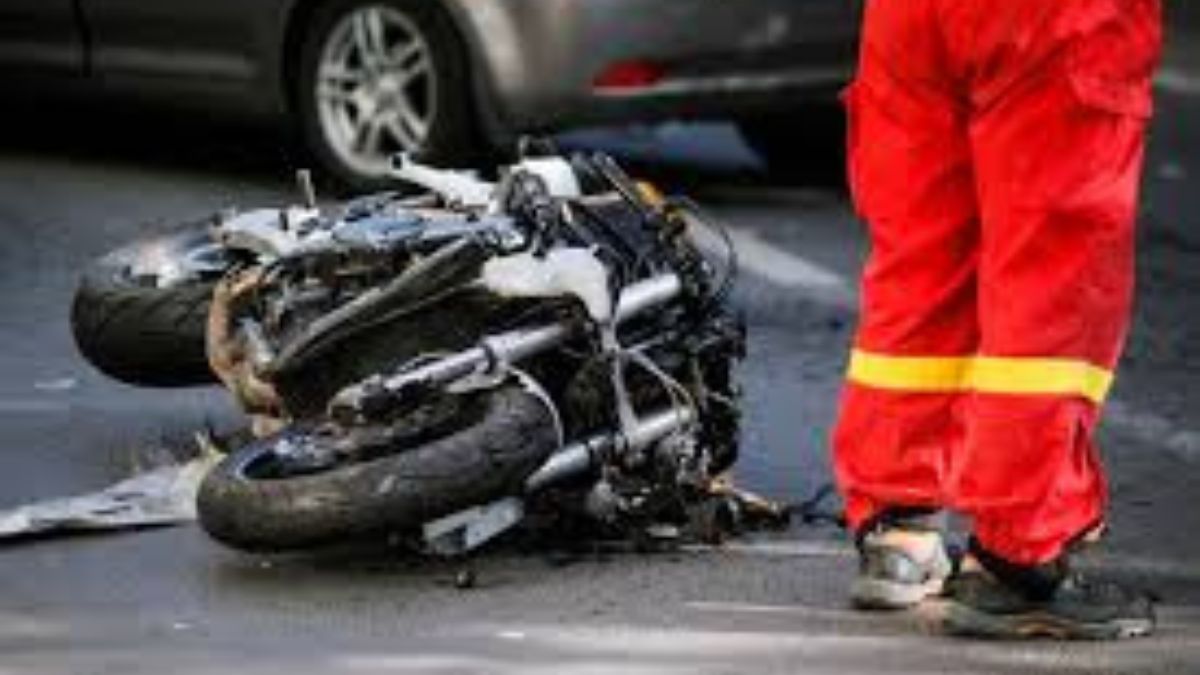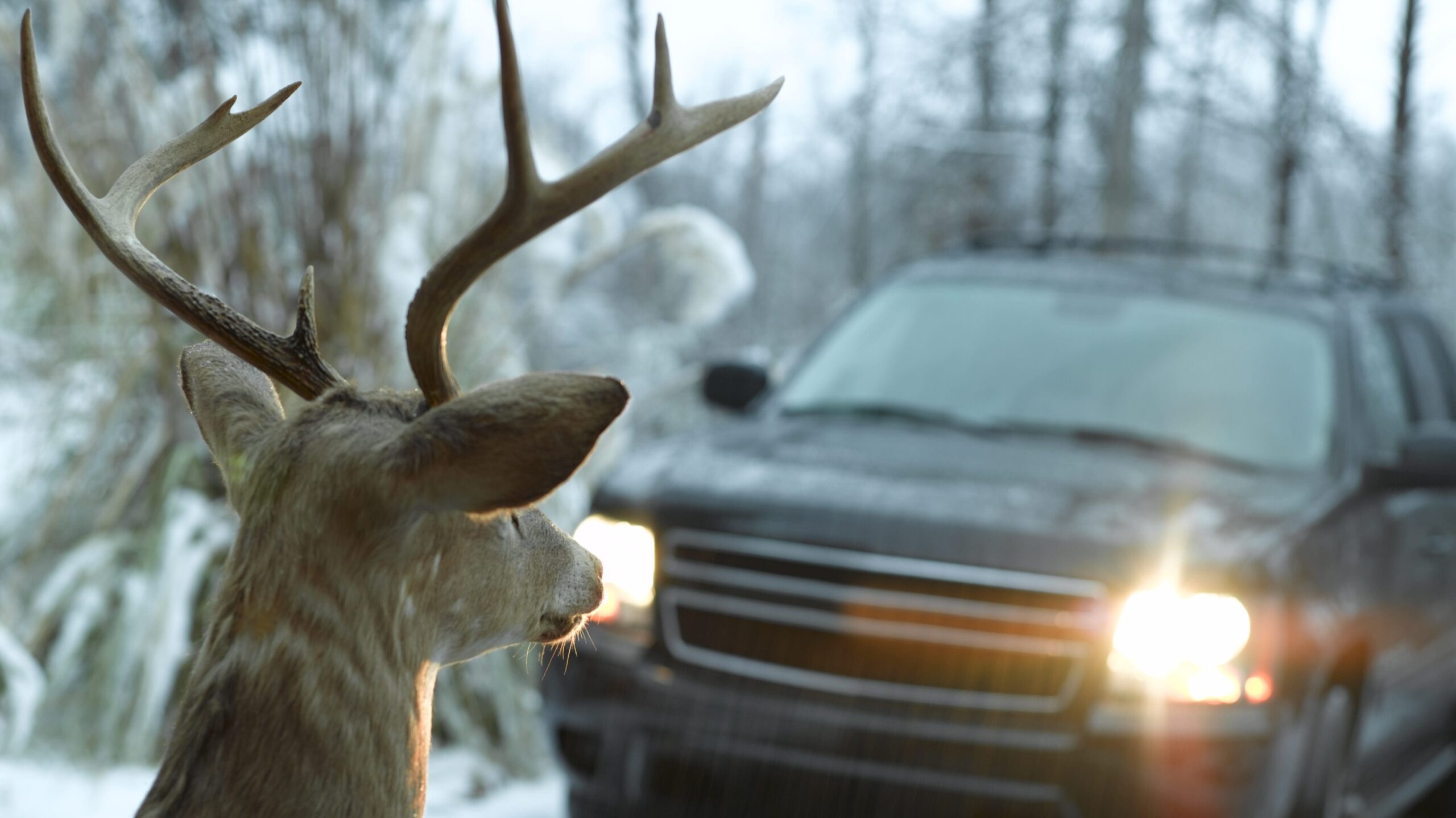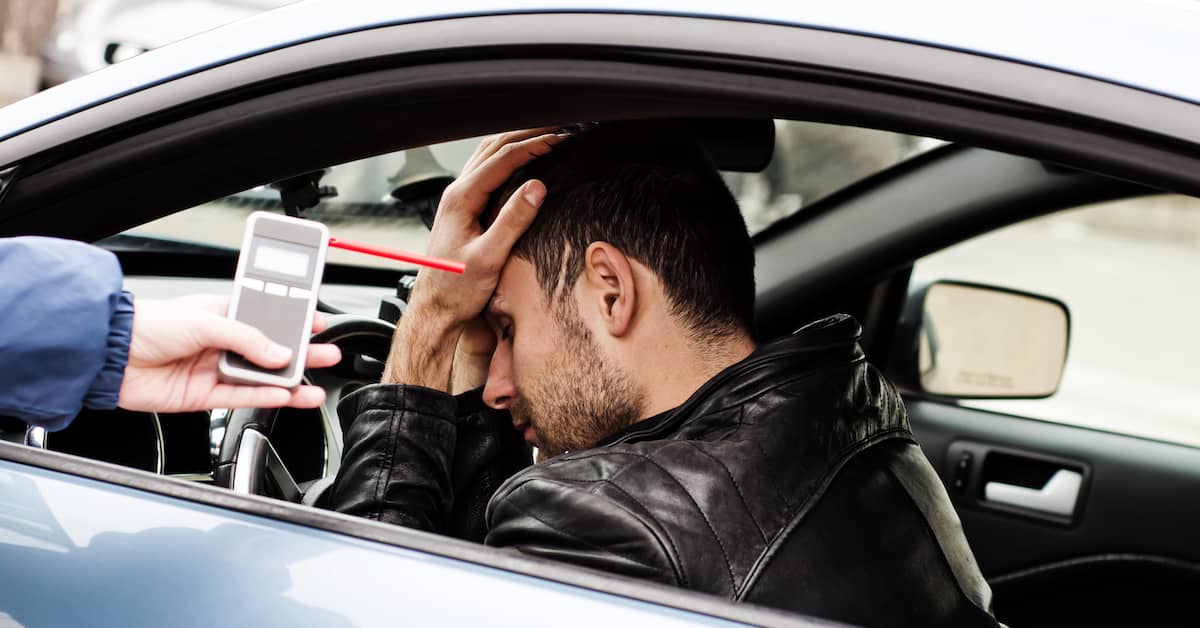TOPIC
Emergency Well Pump Repair: What to Do When You Lose Water Supply

What Causes Well Pumps to Fail?
Well pumps are critical for providing a steady water supply to homes that rely on private wells. Like any complex machinery, they can experience various issues over time, leading to potential failures. Common culprits include electrical malfunctions, such as blown fuses or faulty wiring, which can interrupt the pump’s power supply. Mechanical wear and tear are also prevalent, particularly in older systems where components may have deteriorated. Pressure switch problems are typical, as these vital components can get stuck or lose calibration. By understanding these potential issues, homeowners can take preemptive steps to mitigate the risk of pump failure, ensuring a seamless water supply.
Immediate Steps When Water Supply Is Lost
Losing access to water abruptly can be inconvenient and, at times, distressing. The first action should be to check the power source connected to your well pump. Ensuring the circuit breakers are in the “on” position can sometimes remedy the situation quickly. Additionally, examine the pressure switch for any obstructions or irregular settings. Acting swiftly in these situations is crucial; hence, having access to 24/7 emergency well pump repairs can be a lifesaver, providing prompt solutions to restore the water supply and alleviate the inconvenience caused by unexpected interruptions.
Troubleshooting Common Well Pump Problems
Diagnosing issues with a well pump demands a methodical method. Examine the equipment for any visible leaks, which may suggest damaged seals or problematic piping. Pay attention to odd sounds, like grinding or rattling, that could indicate internal mechanical issues. Ensure the pressure switch is clean and not obstructed by dirt or debris, as blockages can disrupt functionality. In cases where these steps prove insufficient, a deeper examination of the pump’s electrical components and connections may be necessary. Regular troubleshooting identifies current problems and helps anticipate future issues, extending the pump’s operational life.
When to Call a Professional
While many well pump issues can be addressed with simple troubleshooting, some problems demand professional intervention. Complex issues involving the electrical system or significant mechanical breakdowns require expert handling to prevent further damage or safety hazards. For instance, if the pump fails to turn on despite having power or persistent noises emanating from the motor, it’s time to contact a professional. Delaying professional help can lead to greater harm, which could necessitate costly repairs or possibly a complete system replacement. Professionals have the right tools and expertise to quickly recognize and tackle intricate issues, restoring your water supply with minimal disruption.
Proactive Maintenance Tips for Well Pumps
Preventive maintenance is essential in reducing the likelihood of unforeseen well pump failures. Routine inspections can identify early indications of wear or damage, enabling prompt actions before minor problems develop into larger ones. Fundamental maintenance activities involve cleaning or changing filters to maintain proper water flow and replacing components like pressure switches that are susceptible to wear. Monitoring the system’s pressure levels periodically can also highlight potential problems early on. By scheduling routine check-ups with qualified technicians, homeowners can maintain optimal pump performance, ensuring a reliable water supply and prolonging the equipment’s lifespan.
Long-term Solutions for Reliable Water Supply
Adopting comprehensive strategies is crucial for homeowners looking to secure a more reliable water supply over the long term. Installing backup water systems, such as secondary pumps or reservoirs, can provide additional security against primary system failures. Thanks to advancements in technology that offer better performance and durability, upgrading to modern, more efficient well pumps can also enhance reliability. Embracing sustainable practices and considering innovative technologies is essential to safeguarding consistent access to clean water and reducing the risks associated with water scarcity.
TOPIC
What If a Motorcycle Defect Caused Your Crash?

Imagine riding your motorcycle, feeling the wind, when suddenly, disaster strikes. You crash. It’s terrifying and confusing. What if a defect in your motorcycle caused this tragedy? You need answers. A defective part could risk your safety more than you realize. You deserve to know the truth behind the accident and hold the right parties accountable. The journey to uncovering the cause starts with understanding what went wrong. Was it a faulty brake, ineffective steering, or a weak frame? Each could spell disaster. You must act swiftly to protect yourself and others. Learning who is responsible can empower you to prevent future harm. If you suspect a defect, it’s crucial to seek expert advice. Knowing where to turn is important. Inquire here for guidance on what steps to take next. Remember, taking action isn’t just about justice. It’s about safety and prevention.
Identifying the Defect
The first step in addressing a motorcycle defect is identifying the problem. Mechanical issues can range from minor to severe. Some common defects include brake failure, steering malfunctions, and structural weaknesses. These defects can result from manufacturing errors or design flaws. Recognizing a defect requires keen observation and sometimes expert assistance. If you notice unusual sounds, reduced performance, or if something feels off, you may be dealing with a defect.
Types of Common Motorcycle Defects
Understanding the types of defects helps in determining next steps. Below is a table summarizing common defects:
| Defect Type | Possible Consequences |
| Brake Failure | Increased stopping distance, collisions |
| Steering Malfunction | Loss of control, veering off-road |
| Structural Weakness | Frame collapse, severe injury |
Taking Action
Once you suspect a defect, action is necessary. Report the issue to the manufacturer and consult with a legal professional. It’s not just about getting compensation. It’s about preventing similar incidents. If you’re unsure how to proceed, resources are available. For more information on vehicle safety and defects, visit the National Highway Traffic Safety Administration website.
Legal Implications
Understanding the legal landscape is essential. If a defect caused your crash, you might have a case against the manufacturer or distributor. Lawsuits can be complex. They often require proving the defect and its direct link to the crash. Legal experts can guide you through this process. They help gather evidence and build a strong case.
Preventing Future Incidents
Prevention is crucial. Regular maintenance and inspections are key. Always check for recalls related to your motorcycle model. Keeping your motorcycle in top condition reduces the risk of defects. Educating yourself about potential risks empowers you to make informed decisions. It ensures your safety and the safety of others on the road.
Conclusion
A motorcycle accident caused by a defect is more than an unfortunate event. It’s a call to action. Recognizing defects, taking appropriate steps, and preventing future incidents are essential. Staying informed and proactive ensures safer rides for everyone. Remember, the road to safety starts with awareness and decisive action.
TOPIC
How Wildlife‑Related Crashes Affect Liability And Insurance Claims

Every year, wildlife causes thousands of accidents on our roads. These crashes can be distressing and lead to unexpected consequences. When you collide with an animal, you’re not just facing potential damage to your car. You might also deal with serious injuries and complex insurance claims. Understanding your liability in these situations is crucial. Insurance policies often vary, and knowing what to expect can help you navigate this tricky situation. You may wonder about coverage for repairs and medical costs. Or perhaps you’re concerned about how this affects your insurance rates. Each situation is different, and the details matter. Learn about your rights and responsibilities to protect yourself better. It’s essential to stay informed. As you drive, stay alert and watch the road. Discover more about how wildlife-related crashes impact your insurance claims and liabilities. Your awareness could make a significant difference in your life.
Understanding Wildlife-Related Crashes
Encountering wildlife on the road can be sudden and frightening. Animals like deer, moose, and even smaller animals pose significant risks. The damage can be extensive, affecting both your vehicle and your peace of mind. These incidents often happen during dawn and dusk when animals are most active. Avoiding such crashes requires vigilance and quick reactions. However, accidents still occur despite your best efforts.
Liability in Wildlife-Related Accidents
Determining liability in wildlife accidents is often complex. Generally, no one owns wild animals, so the responsibility doesn’t fall on a specific party. If you collide with wildlife, liability typically rests with the driver. This means you could be responsible for repair costs and potential increases in insurance premiums. Knowing what your insurance covers is essential. Comprehensive coverage often includes animal collisions, while liability insurance does not. Reviewing your policy details can prevent surprises later.
Insurance Claims: What to Expect
Filing an insurance claim after a wildlife crash can seem daunting. Knowing the steps to take can ease the process. First, ensure everyone’s safety and contact authorities if necessary. Document the incident with photos and notes about the conditions and time. Contact your insurance company promptly to report the accident. Each insurer may handle claims differently, so understanding your policy helps. Coverage for repairs, medical costs, and even towing depends on your insurance type.
Comparing Coverage Types
| Coverage Type | Includes Wildlife Collisions | Repair Costs Covered |
| Liability Insurance | No | No |
| Comprehensive Insurance | Yes | Yes |
| Collision Insurance | Sometimes | Depends on the provider |
This table shows how different coverage types handle wildlife collisions. Comprehensive insurance is your safest bet for full coverage in these scenarios. Always review your policy documents to understand your coverage scope.
Prevention and Safety Tips
Preventing wildlife crashes involves both awareness and action. Stay attentive, especially in areas with high animal activity. Use high beams when safe to spot animals earlier. Slowing down can give you more time to react. In areas with frequent wildlife crossings, be extra cautious. Whistles or devices claiming to deter animals are often ineffective. Instead, focus on driving carefully and maintaining control at all times. For more safety tips, visit National Highway Traffic Safety Administration.
The Role of the Community
Communities can play a part in reducing wildlife-related accidents. Local measures like installing signs or creating wildlife corridors can help. Educating drivers about high-risk areas and times is effective. Collaborating with local wildlife experts to understand animal patterns can also reduce incidents. Community effort is key to safer roads for everyone.
Conclusion
Wildlife-related crashes are unpredictable but manageable. By understanding your insurance policy and knowing your responsibilities, you can better handle these incidents. Prevention is key, but when accidents happen, being prepared helps. Ensure your policy covers potential wildlife encounters. Stay informed and cautious on the road. By taking these steps, you protect yourself and others. Drive safely and stay aware to minimize risks and enjoy peace of mind.
TOPIC
What To Do If A Drunk Driver Causes A Fatal Accident

A fatal accident involving a drunk driver shatters lives. If you face this tragedy, knowing your next steps is crucial. This guide helps you navigate these challenging moments. First, ensure your safety and others around you. Contact emergency services immediately. Authorities need to secure the scene and gather evidence. Then, reach out to family or friends for emotional support. The impact of such an event can be overwhelming. Seek professional legal advice promptly. Legal experts can help you understand your rights and options. Their assistance may be vital in ensuring justice for your loved one. Document everything you remember about the incident. Details can be essential later. Also, consider seeking counseling. Emotional recovery is as important as legal resolution. Addressing these steps eases the burden during this difficult time. Being prepared supports you in handling this tragic situation with strength and clarity. You are not alone in this journey.
Immediate Steps After the Accident
Once the scene is secure, focus on gathering information. Collect the names and contact numbers of witnesses. Take photos of the accident site if possible. These will aid in building your case. Understandably, emotions run high. However, clear documentation is crucial. Law enforcement will compile a report. Request a copy for your records. This report contains essential details. It will be crucial for legal and insurance purposes.
Legal Considerations
Engaging with the legal system can be daunting. Yet, it is an important step forward. Secure a reputable attorney experienced in dealing with drunk driving incidents. They will navigate the complexities of the law on your behalf. Start this process early. Legal procedures often require extensive time and effort. The attorney will help file claims and represent you in court if necessary.
Emotional and Psychological Support
Processing grief and trauma requires time and support. Many find comfort in speaking with counselors or support groups. There are professionals trained to help you through this difficult period. Friends and family members are also invaluable. Be open about your needs and feelings. They can offer a listening ear and necessary support.
| Support Option | Advantages | Disadvantages |
| Professional Counseling | Expert guidance, Confidential | Costly, Requires scheduling |
| Support Groups | Shared experiences, Community support | Availability varies, Less personalized |
| Family and Friends | Immediate availability, Emotional bond | May lack expertise, Emotionally invested |
Financial and Insurance Matters
Accidents lead to unexpected financial burdens. Insurance claims need to be filed promptly. Contact your insurance company to start the process. Provide them with the accident report and any additional information. It is also wise to consult with your legal advisor during this stage. They can ensure all documents are appropriately handled. In some cases, the process may lead to compensation. This can aid with medical or funeral expenses.
Long-Term Recovery and Resolution
Healing from this tragedy takes time. Some days will be harder than others. Establishing a routine can help restore a sense of normalcy. Engage in activities that bring you relief and comfort. Consider joining initiatives that advocate against drunk driving. Contributing to a cause may offer a sense of purpose.
Additional Resources
For more guidance, visit the National Highway Traffic Safety Administration (NHTSA). They offer resources on dealing with drunk driving incidents. You can also explore the Mothers Against Drunk Driving (MADD) website for support networks and advocacy opportunities.
Dealing with the aftermath of a drunk driving accident is a profound challenge. Each step taken brings you closer to resolution and healing. Reliable support and information make a significant difference. Remember, while the journey is difficult, you have resources and people ready to help. By taking active steps, you honor the memory of your loved one and contribute to a safer community.
-

 BLOG11 months ago
BLOG11 months agoIZoneMedia360 .Com: Exploring the Features and Benefits
-

 BLOG1 year ago
BLOG1 year agoAbout Blog TurboGeekOrg: A Go-To Hub for Tech Enthusiasts and Latest Innovations
-

 BLOG1 year ago
BLOG1 year agoWhat is a Golden Transit in Magi Astrology?
-

 NEWS11 months ago
NEWS11 months agoChloe Berger News: Insights on Employee Rights and Talent Retention
-

 BLOG11 months ago
BLOG11 months agoA Complete Guide to ProcurementNation.com Shipping
-

 ENTERTAINMENT1 year ago
ENTERTAINMENT1 year agoTyquaez Pickett: A Rising Star in the Entertainment World
-

 BLOG1 year ago
BLOG1 year agoWho Is Hall Sinclair? The True Story of Olivia Colman’s Son
-

 NEWS11 months ago
NEWS11 months agoThe Vision and Innovation of News Theamericansecretscom
